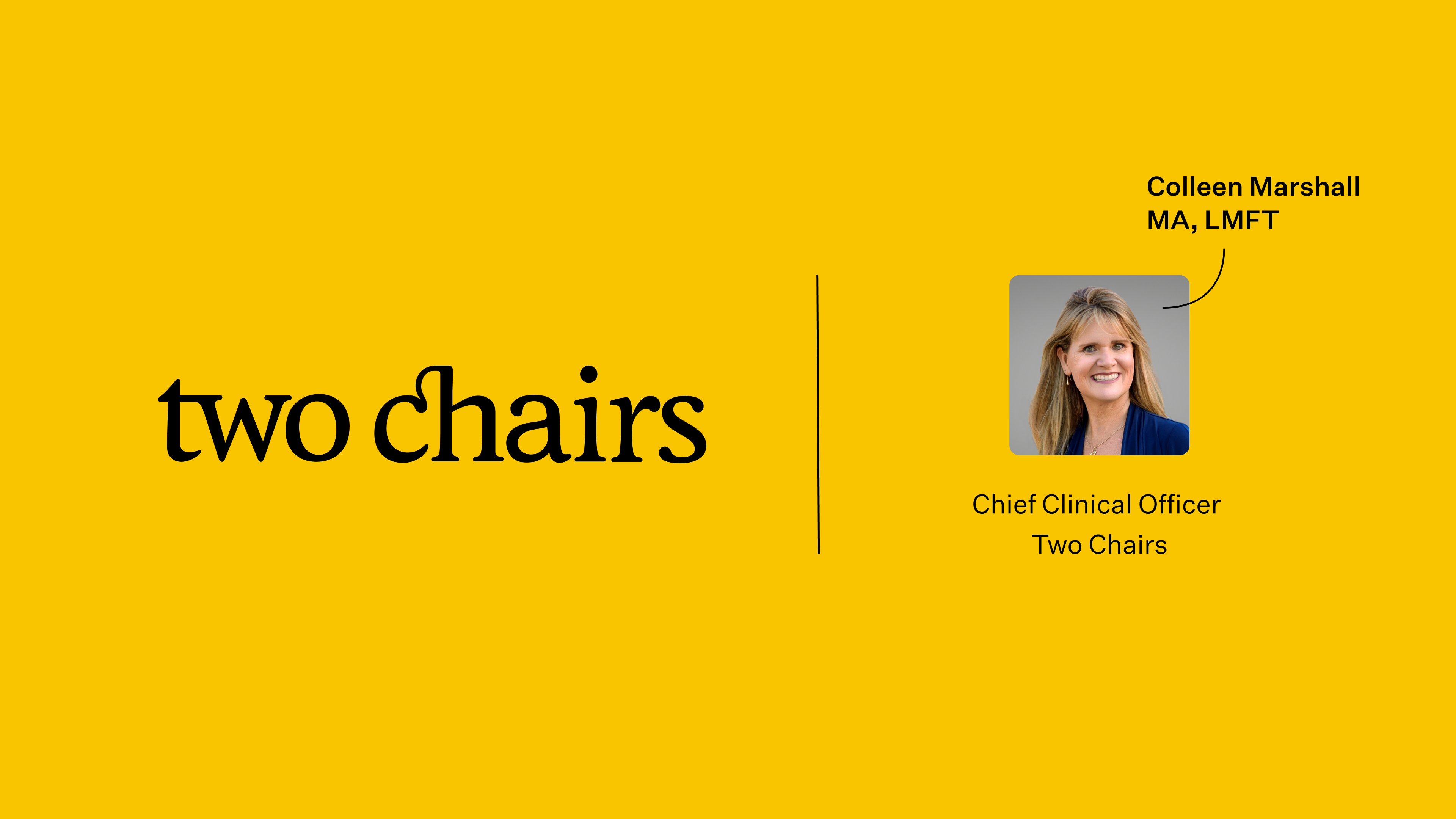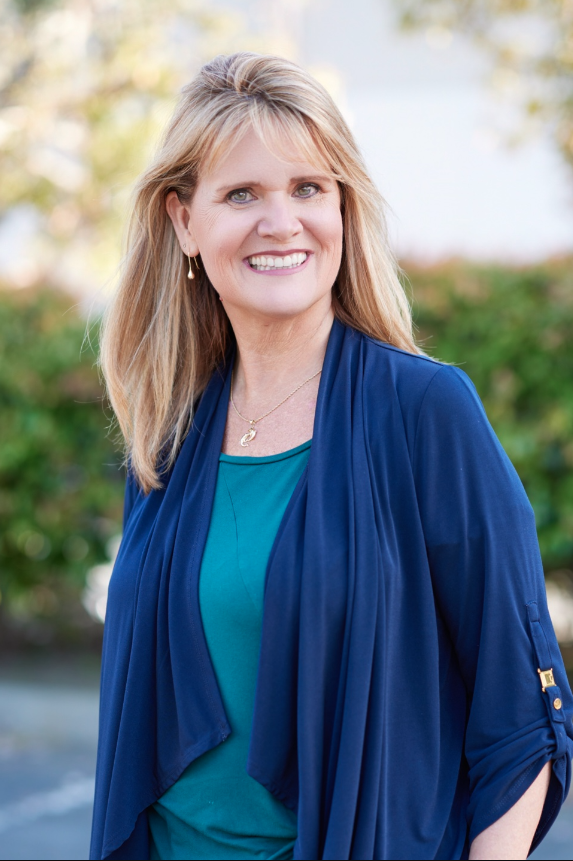Recent Articles
showing
0
-
0
of
0

Company News
Two Chairs Publishes First-of-Its-Kind Study Showing Measurement-Based Care Training Improves Outcomes by 24% at Scale

Two Chairs

Industry Insights
Why Most “Measurement-Based Care” Isn’t Really MBC — And What Our New Research Shows About Doing It Right

Colleen Marshall

Company News
Curative Partners with Two Chairs to Expand In-Network Access to High-Quality Behavioral Health Care

Two Chairs
.jpg)
Company News
Two Chairs Launches Psychiatry Services, Expanding Access to Integrated Mental Health Care

Two Chairs
.jpg)
Company News
Two Chairs Expands Mental Health Services to Cover 75% of the U.S. Population

Two Chairs Content Team

Company News
Two Chairs Introduces My Care Journey, Empowering Patients to Track Therapy Progress through a Data-Informed Approach

Two Chairs Content Team
.jpg)
Debunking Mental Health Myths in the Black Community: Let’s Talk Healing and Growth

Two Chairs Content Team
Therapy made simple
We match you with the Two Chairs therapist best suited to your mental health needs and goals. Schedule your matching appointment with one of our licensed therapists today, or get in touch with us if you have any questions about starting care.






